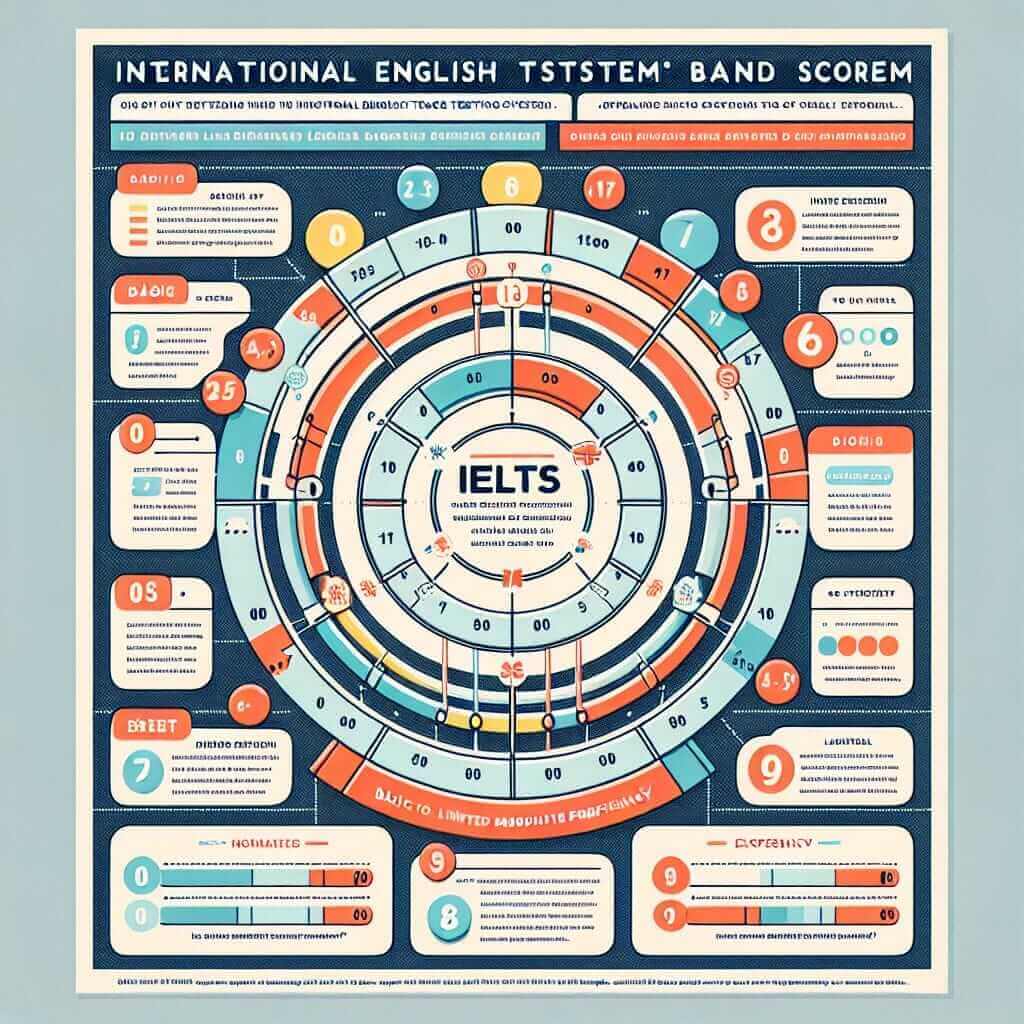As an IELTS instructor with over two decades of experience, I’ve witnessed firsthand the transformative power of the IELTS exam. But why is the IELTS so important, and what makes it a necessity for so many individuals around the globe?
Understanding the Importance of IELTS
IELTS, or the International English Language Testing System, is far more than just an exam. It’s a gateway to a world of opportunities in education, work, and life abroad. Let’s delve into the specific reasons why:
1. Academic Aspirations:
For those aspiring to study at a university or college where English is the medium of instruction, IELTS is often a non-negotiable requirement. It demonstrates your ability to understand lectures, participate in discussions, and excel in an English-speaking academic environment.
2. Professional Advancement:
Many professions and industries, particularly those with a global reach, require a certain level of English proficiency. IELTS scores are used by employers worldwide to assess the language skills of potential candidates, opening doors to international job markets.
3. Migration and Visa Applications:
Countries like Canada, Australia, New Zealand, and the UK often require IELTS scores as part of their immigration processes. This ensures that newcomers can effectively integrate into society, communicate with ease, and contribute to their new communities.
How Does IELTS Work?
IELTS assesses your English language skills across four key areas:
- Listening: Understanding spoken English in various contexts.
- Reading: Comprehending written English in different formats.
- Writing: Expressing yourself clearly and cohesively in written English.
- Speaking: Communicating effectively in spoken English.
Each section is scored on a band scale of 0-9, with 9 being the highest. Your overall band score reflects your proficiency level.

Real-World Examples:
- A student from India needs to achieve a minimum IELTS band score of 6.5 to apply for a Master’s program in Engineering at a university in the United Kingdom.
- A doctor from Brazil wishes to practice medicine in Canada and must provide proof of their English language proficiency through a strong IELTS score.
- An entrepreneur from China aiming to expand their business internationally uses their high IELTS score to secure partnerships and navigate international markets.
Tips for IELTS Success:
- Start Early: Don’t underestimate the time and effort required for preparation. The earlier you begin, the better prepared you’ll be.
- Familiarize Yourself with the Format: Understanding the structure and question types of each section is crucial for effective preparation.
- Practice Regularly: Consistent practice is key. Utilize authentic practice materials and simulate exam conditions to boost your confidence.
- Focus on Your Weaknesses: Identify your areas of weakness and dedicate more time and effort to improving those skills.
- Seek Expert Guidance: Consider enrolling in an IELTS preparation course or working with a qualified tutor to receive personalized feedback and support.
Unlock Your Potential
The IELTS exam is more than just a test; it’s a stepping stone to realizing your aspirations. By understanding its significance, preparing diligently, and developing your English language skills, you can unlock a world of opportunities and achieve your goals.